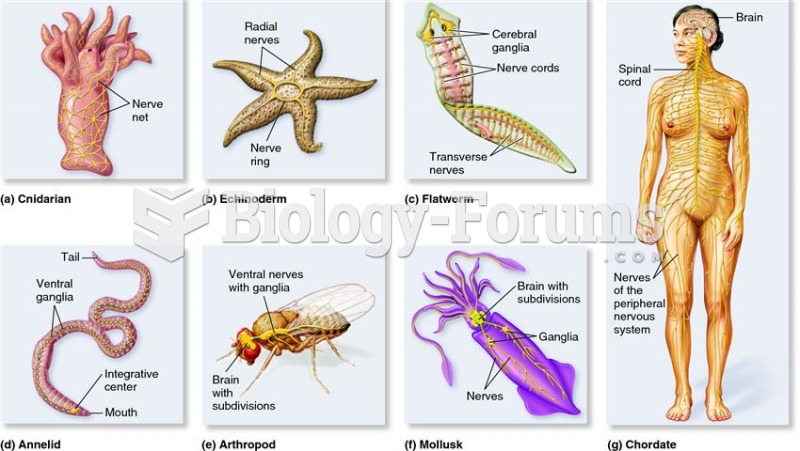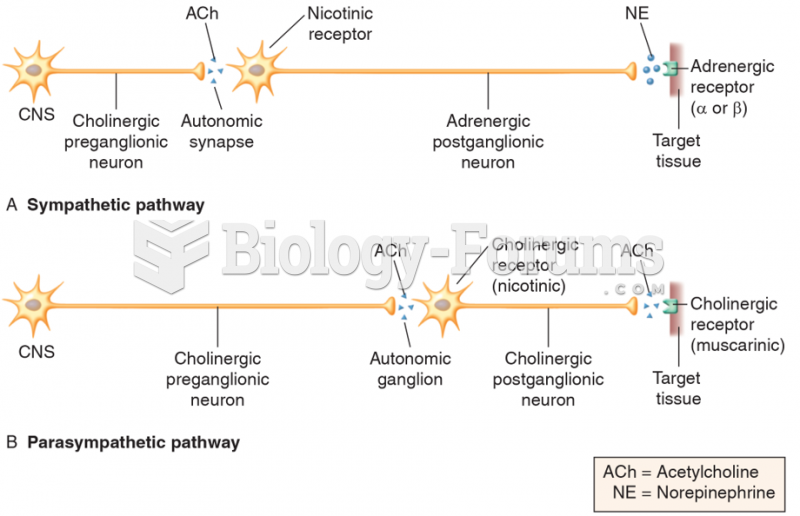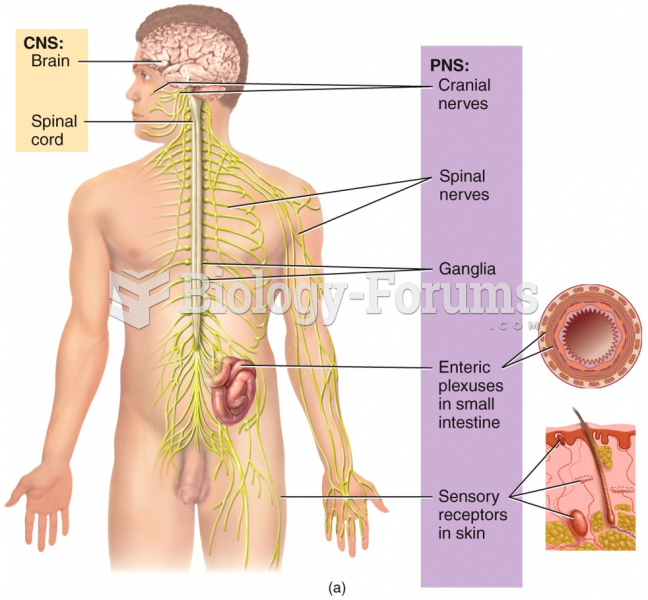Answer to Question 1
Correct Answer: 1
Rationale 1: Cholinergic synapses utilize acetylcholine as the neurotransmitter. Cholinergic synapses are especially important in the pathophysiology of Parkinson disease and Alzheimer disease.
Rationale 2: Norepinephrine can be excitatory or inhibitory, and it plays a role in depression, memory, and panic attacks.
Rationale 3: The endorphin receptor molecule is the opioid receptor, which is involved in pain reduction.
Rationale 4: GABA is the primary inhibitory neurotransmitter in the CNS, and it plays a role in anxiety disorders and seizures.
Global Rationale: Cholinergic synapses utilize acetylcholine as the neurotransmitter. Cholinergic synapses are especially important in the pathophysiology of Parkinson disease and Alzheimer disease. Norepinephrine can be excitatory or inhibitory, and it plays a role in depression, memory, and panic attacks. The endorphin receptor molecule is the opioid receptor, which is involved in pain reduction. GABA is the primary inhibitory neurotransmitter in the CNS, and it plays a role in anxiety disorders and seizures.
Answer to Question 2
Correct Answer: 3
Rationale 1: The medication is not a cure, but it may help treat the symptoms that the client is experiencing. This statement indicates the need for further education.
Rationale 2: The client should be instructed to take the medication as prescribed. This statement indicates the need for further education.
Rationale 3: This statement indicates the client understands the purpose of the medication regimen.
Rationale 4: There are many different medications the client can take to treat bipolar disorder. This statement indicates the need for further education.
Global Rationale: The client statement that the medication may help the symptoms indicates appropriate understanding of the medication regimen. All other statements indicate the need for further education regarding the medication regimen.







